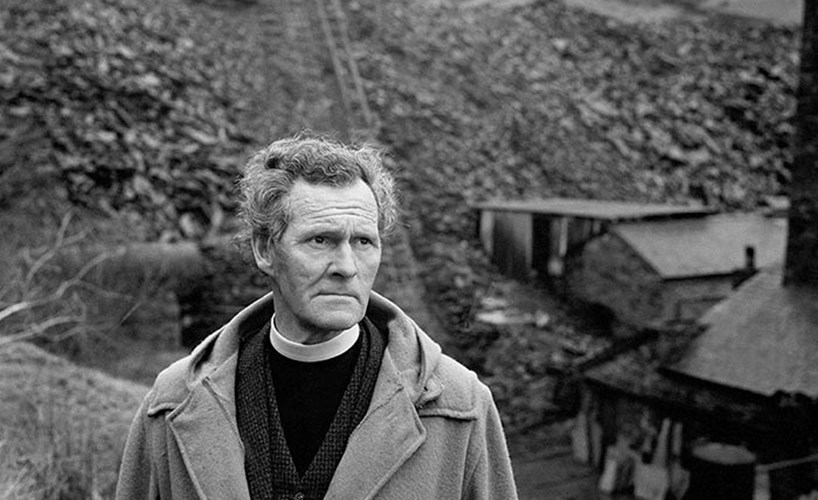Listen: Radio broadcast explores the history of second homes in Wales

A BBC Radio 4 broadcast has been made available online which explores pivotal moments in Wales’ fraught history of second home ownership.
In Home Fires, Richard King explores the past and present of second and holiday home ownership in Wales, revisiting the story of Meibion Glyndwr, who they describe as ‘active terrorists on British soil’.
Problem
The proliferation of second homes is a problem in many parts of the UK. They contribute to pushing up house prices, often in low-income areas, effectively locking young people out of the housing market. It’s a problem with different characteristics in different places.
In Wales it is compounded by the fate of the Welsh language.
Many in Wales feel that second homes contribute to the fragmentation of Welsh-speaking communities and pose a threat to the survival of the language.
Meibion Glyndwr
It’s nothing new. Beginning in 1979, Meibion Glyndwr – Sons of Glyndwr (Owain Glyndwr being a soldier who led a revolt against English rule in the 1400s) – responded to this threat by carrying out hundreds of arson attacks and fire-bombings.
Initially targeting second homes and holiday cottages in Welsh-speaking areas, the campaign later expanded to target estate agents, English-owned businesses and the offices of police and politicians, accompanied by stencilled letters containing extravagant nativist threats.
Hundreds of properties were damaged and destroyed. It lasted until 1994 and only one person was ever convicted of a related offence.
The Meibion Glyndwr campaign was audacious and shocking – but sadly utterly ineffective.
Senedd
In the thirty years since the last attack, Wales has gained its own parliament and with it a measure of power to decide its own fate.
And as elsewhere in the UK, the issues around second homes have only become more urgent.
One of the newer policies enacted by the Welsh government is a council tax premium on second homes, with local authorities able to decide how much of a levy to apply, up to a possible 300%.
Writer Richard King visits Abersoch on the Llyn Peninsula, a village very much at the sharp end of the current situation and hears from some of those who lived through the Meibion Glyndwr campaign.
Featuring Robat Gruffudd, Amanda Jones, Richard Wyn Jones, Alun Lenny, Louise Overfield and Eifiona Wood.
The programme contains an archive recording which refers to RS Thomas as a non-conformist minister. RS Thomas was a priest in the Anglican Church in Wales.
Listen online here.
Support our Nation today
For the price of a cup of coffee a month you can help us create an independent, not-for-profit, national news service for the people of Wales, by the people of Wales.






I only heard the last ten minutes or so of this programme but during that time it referred to RS Thomas as a non-conformist minister.This is,I am afraid the level of accuracy I have come to expect from Radio 4 when dealing with Wales.
To be fair I think that the introduction of RS Thomas as a ‘non-conformist’ minister was part of an original recording clip – though it should have been corrected in the podcast.
Problem lawer gwaeth nag ail dai yw ‘tai cyntaf’ lle mae miloedd a miloedd o bobl di-Gymraeg yn mudo i’r Fro Gymraeg bob bwlyddyn, heb wneud unrhyw ymgais o gwbl i gymhathu. Nid yw’n ddim llai na gwladychu, wedi ei hyrwyddo gan y Cynlluniau ‘Datblygu’ Lleol sy’n gorfodi miloedd ar filoedd o dai di-angen ar awdurdodau lleol. Ac mae’r obsesiwn emosiynol hwn efo ail dai yn dallu pobl i ddifrifoldeb hynny. Nid yw’r gwladychu sy’n doigwydd drwy’r cynlluniau datblygu sylw yn cael nemawr ddim sylw yn y wasg. Ac mae Cymru mewn parlys marwol fel y bu erioed, yn canu… Read more »
problem yr arfordir yn unig yw’r tai haf. Dyna fydd yn digwydd yn awr gyda’r treth ail dai yw bydd na hyd yn oed mwy o bobl canol oed o bant yn dod i fyw yma llawn amser ac ymddeol gyda’r obligiadau i’r iaith a gofal cymdeithasol. Polisi un llygeidiog yw’r polisi ail dai.
RST was many things and as a poet certainly with talent.
His right wing views, support for public schools and failure to
pass on the language to his son let alone integrate with the Llyn community he served just so contrasts with his fellow writer and Dwyfor residemt Jan Morris.